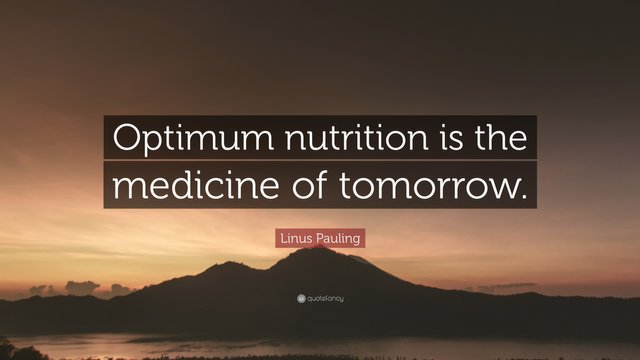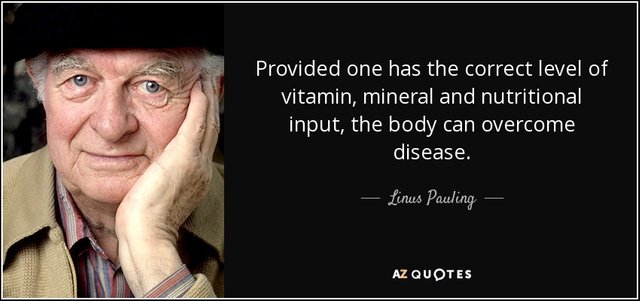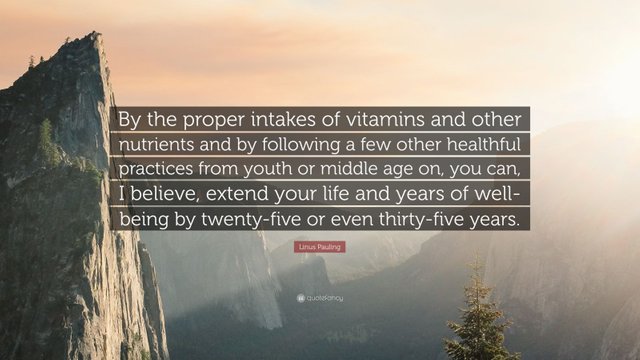
"Cats are carnivores, which means they eat mostly meat. House cats evolved from hunters who ate high amounts of protein and some fat and carbohydrates. They still need the same type of diet today."
"Cats need meat — you shouldn't feed them a vegetarian diet. They also need a good balance of fat, carbohydrates, vitamins, minerals, fatty acids, and amino acids, which are building blocks for protein. Cats' dietary needs change with age and health."
https://www.webmd.com/pets/cats/what-do-cats-eat
"A study on feral cat dietary habits and data of their prey has “crude protein, crude fat and nitrogen-free extract (NFE) content of 52%, 46%, and 2% of metabolizable energy (%ME).”
Cats have a higher requirement for protein, taurine, cystine, arachidonic acid, niacin, arginine, vitamin A, and D than omnivores since their metabolism is different.
Just because they evolved prey high in protein, moderate in fats, and low in carbs, many veterinarians and scientists speculate that high carbs diets are detrimental to these animals linking them to diabetes, obesity, and other problems."
"Yes. Felines need cabs, but it is not an essential part of their diet."
https://petcareadvisors.com/cats/should-cats-eat-carbohydrates/

"There have been several influential review articles addressing the subject of dietary carbohydrates in cats, and these have alternately proposed and critiqued certain core claims.1-4 These include:
The natural diet of cats is high in protein and low in carbohydrates, and this has shaped the needs and tolerance for carbohydrates in this species.
**Cats do not need dietary carbohydrates.**
Cats cannot digest or utilize dietary carbohydrates.
***The high dietary carbohydrates at levels seen in commercial diets may increase the risk of certain feline health problems, including obesity and diabetes mellitus***.
To begin with, there is widespread agreement that feral cats typically eat a diet higher in protein and lower in carbohydrates than most commercial cat foods. Cats also have no ability to taste sweetness, and they appear to choose diets lower in carbohydrates, and higher in fat and protein when given options in laboratory experiments."
https://www.veterinarypracticenews.com/learn-the-truth-about-carbs-and-cats/
"It has been suggested that high-carbohydrate diets contribute to the development of feline diabetes and obesity. The evidence does not support this."
https://pubmed.ncbi.nlm.nih.gov/20473847/
"Cats are obligate carnivores, which means that they rely on nutrients found only in animal products. Cats evolved as hunters that consume prey that contains high amounts of protein, moderate amounts of fat, and a minimal amount of carbohydrates, and their diet still requires these general proportions today. Cats also require more than a dozen other nutrients, including vitamins, minerals, fatty acids, and amino acids.
Although your cat needs certain amounts of each specific nutrient to be healthy, more is not always better. This is particularly true of vitamins and minerals, so the use of supplements is usually not necessary if you are feeding a balanced and complete diet. Supplements can be harmful to your cat, and they should never be given without a veterinarian’s approval"
https://www.vet.cornell.edu/departments-centers-and-institutes/cornell-feline-health-center/health-information/feline-health-topics/feeding-your-cat

"In the family of minerals, 12 are identified as essential nutrients for cats. According to the 2006 study called Your Cat’s Nutritional Needs: A Science-Based Guide for Pet Owners published by the National Research Council of the National Academies, here are the dandy dozen and what they do for cats:
Calcium for strong bones and teeth
Phosphorus for energy metabolism and skeletal structure
Magnesium for hormones and enzyme function
Sodium for nerve impulse generation and transmission
Potassium for enzymatic reactions
Chlorine for acid-base balance
Iron for hemoglobin synthesis
Copper for healthy connective tissue
Zinc for cell replication
Manganese for bone development
Selenium for the immune system
Iodine for thyroid hormone synthesis
What to feed cats — the vitamins your cat needs
Too much or too little amounts of key vitamins can unleash a variety of health problems."
https://www.catster.com/cat-food/what-to-feed-cats-what-nutrients-cats-need